Search
Search Results
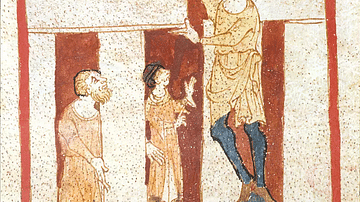
Definition
Merlin
Merlin (also known as Myrddin, Merlinus) is the great wizard of the Arthurian Legends best known from Sir Thomas Malory's Le Morte D'Arthur (1469 CE). The character was created by Geoffrey of Monmouth in his History of the Kings of Britain...
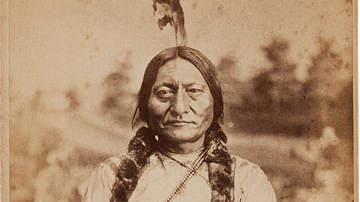
Definition
Sitting Bull
Sitting Bull (Tatanka Iyotanka, l. c. 1837-1890) was a Hunkpapa Sioux holy man, warrior, leader, and symbol of traditional Sioux values and resistance to the United States' expansionist policies. He is among the best-known Native American...
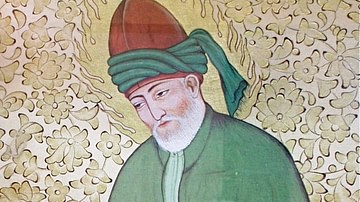
Definition
Rumi
Jalal ad-Din Muhammad Rumi (also given as Jalal ad-did Muhammad Balkhi, best known as Rumi, l. 1207-1273 CE) was a Persian Islamic theologian and scholar but became famous as a mystical poet whose work focuses on the opportunity for a meaningful...
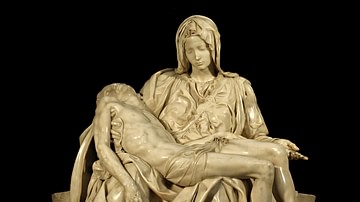
Definition
Mary, Mother of Jesus
Mary of Nazareth, the mother of Jesus Christ, is one of the most venerated women from the ancient world. Her most common epithet is "the virgin Mary." She is celebrated by Eastern Orthodox Churches, Catholicism, and various Protestant denominations...

Definition
Ghent Altarpiece
The Ghent Altarpiece, otherwise known as The Adoration of the Mystic Lamb, is a painted panel altarpiece created in 1432 for the Vijd Chapel in the church of St. John the Baptist, now St. Bavo Cathedral in Ghent, Belgium. The work is credited...
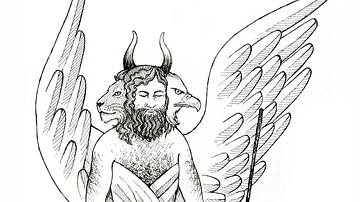
Definition
Cherub
A cherub (pl. cherubim) was a divine being who dwelt in the heavenly realm of the gods, either as a servant or a mediator between humans and the divine. The word most likely derived from the Akkadian karabu ("to bless"). The cherubim are...
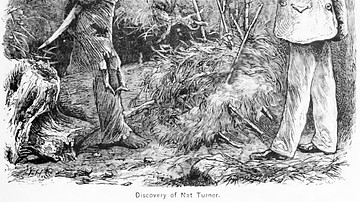
Definition
Nat Turner's Rebellion
Nat Turner's Rebellion (also known as the Southampton Insurrection) was a slave revolt in Southampton County, Virginia, between 21 and 23 August 1831. Led by Nat Turner (l. 1800-1831), an educated slave, the insurrectionists killed at least...
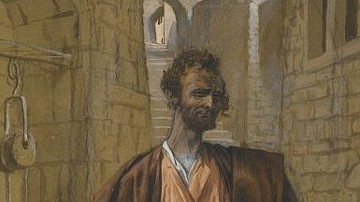
Definition
Judas Iscariot
Judas Iscariot was one of the original disciples of Jesus of Nazareth (d. c. 30 CE), one of the twelve apostles. For handing Jesus over to the authorities, as described in the gospels, he has become the epitome of the act of betrayal in the...

Definition
Avesta
The Avesta is the scripture of Zoroastrianism which developed from an oral tradition founded by the prophet Zoroaster (Zarathustra, Zartosht) sometime between c. 1500-1000 BCE. The title is generally accepted as meaning “praise”, though this...
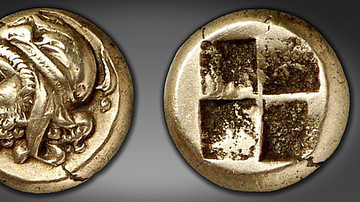
Definition
Ancient Persian Governors
The Achaemenid Persian Empire functioned as well as it did because of the efficient bureaucracy established by its founder Cyrus the Great (r. c. 550-530 BCE) which was administered through the satrapy system. A Persian governor of a province...